News

01 October 2015
An inspiring journey - Bill Neaves’ lifelong study of reptiles
Read Article
News
1943 – 2025
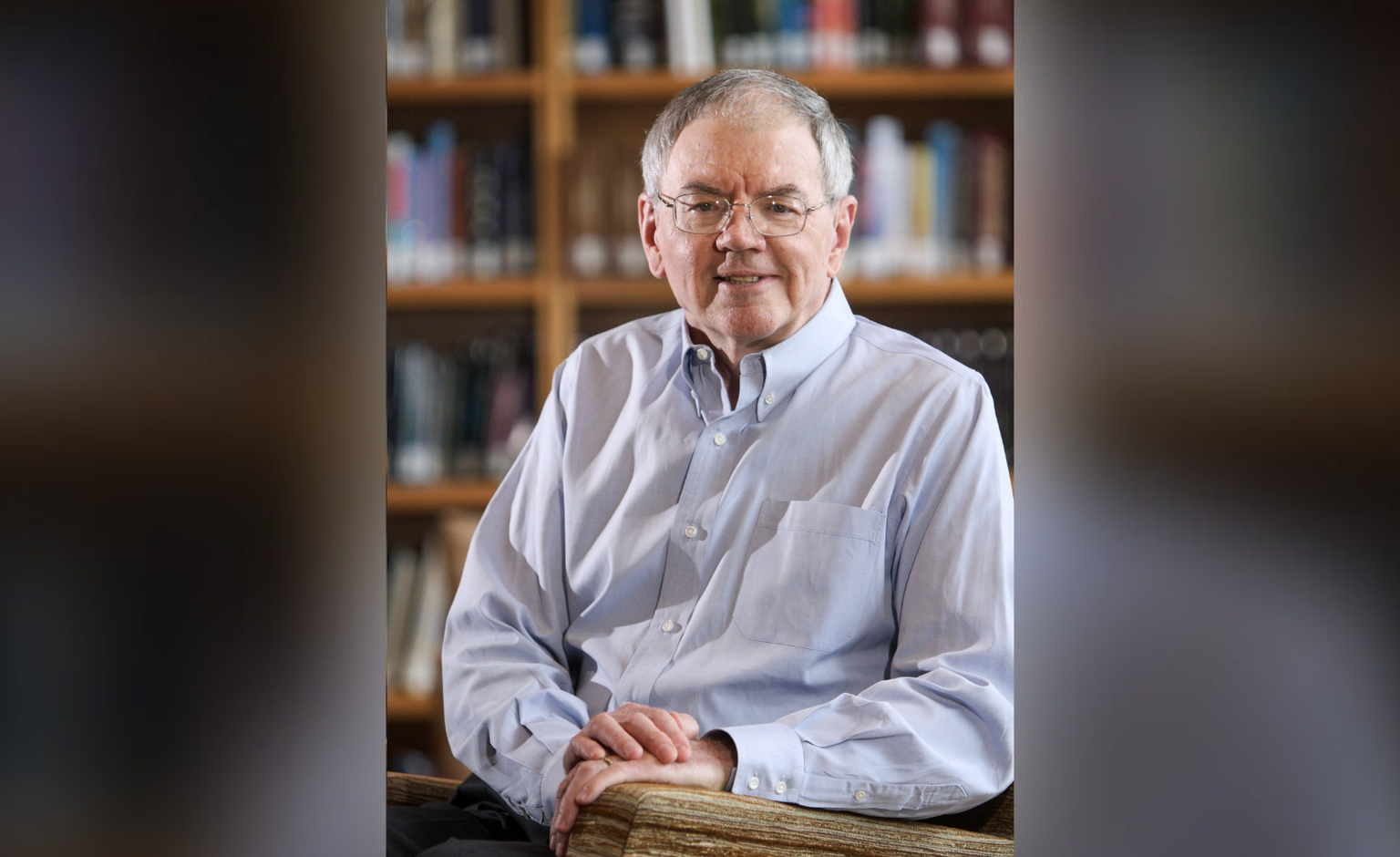
William “Bill” Neaves, Ph.D., passed away at his home in Spur, Texas, on August 12, 2025. As the founding President and CEO of the Stowers Institute for Medical Research from 2000 to 2010, Neaves was a visionary scientist, gifted leader, and passionate advocate for scientific discovery who helped guide the institute from its earliest days into a world-class center for biomedical research.
“Bill possessed the bold ideas and creativity needed to realize the vision of our founders,” said Alejandro Sánchez Alvarado, Ph.D., President and Chief Scientific Officer. “He was not only a probing scientist and exemplary leader but a kind and generous individual who will be deeply missed.”
Neaves connection with the Institute first began in the late 1990s, when he advised founders Jim and Virginia Stowers on formative strategies for its structure, organization, and operations. In June 2000, he accepted their offer to become its first President and CEO, relocating from Texas to Kansas City with his wife Priscilla. Determined to attract the most talented scientists, Neaves, in partnership with the Institute’s first Scientific Director Robb Krumlauf, Ph.D., established the Institute’s pioneering research programs.
“With Bill Neaves at the helm, anything was possible,” said Krumlauf.
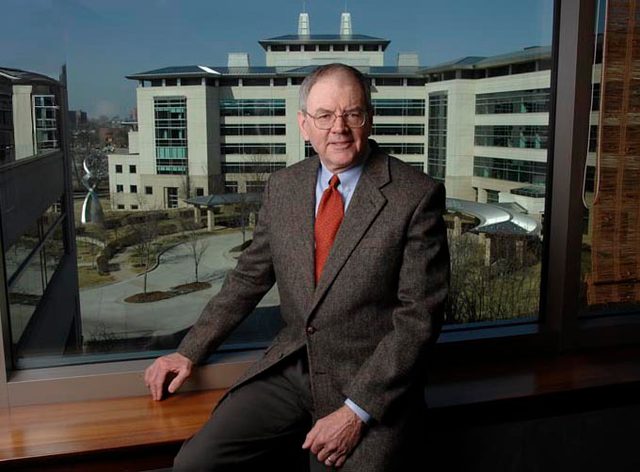
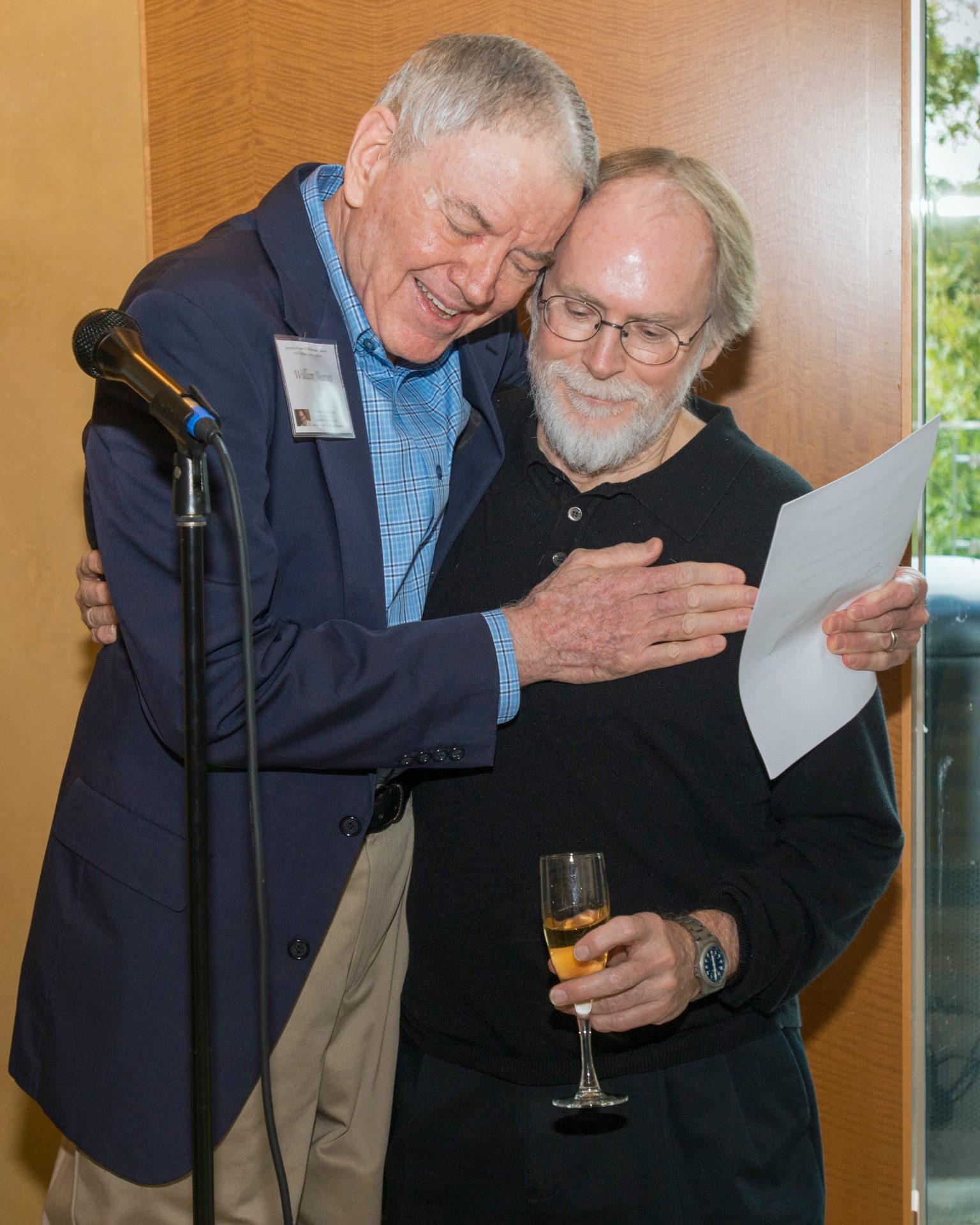
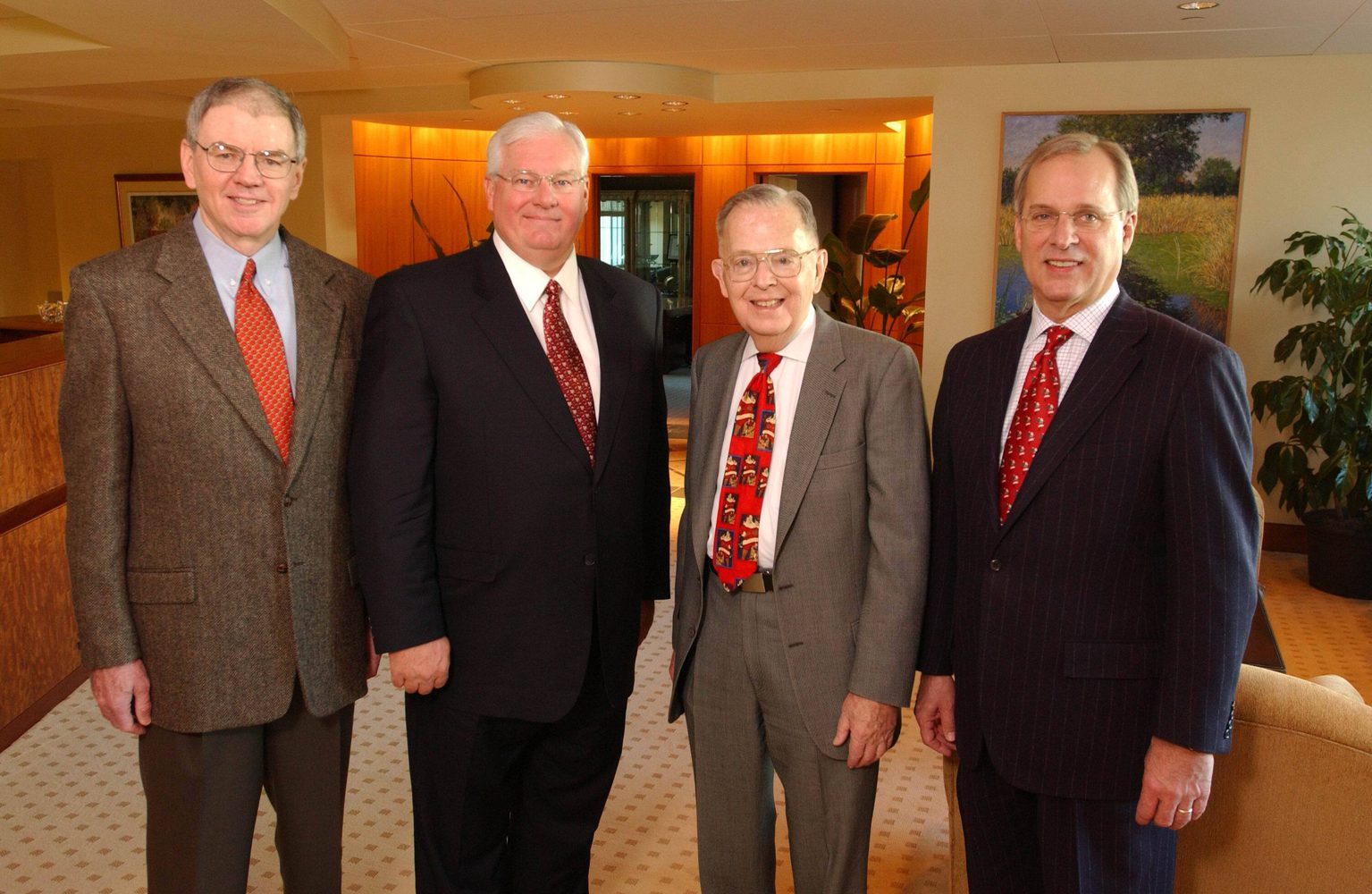
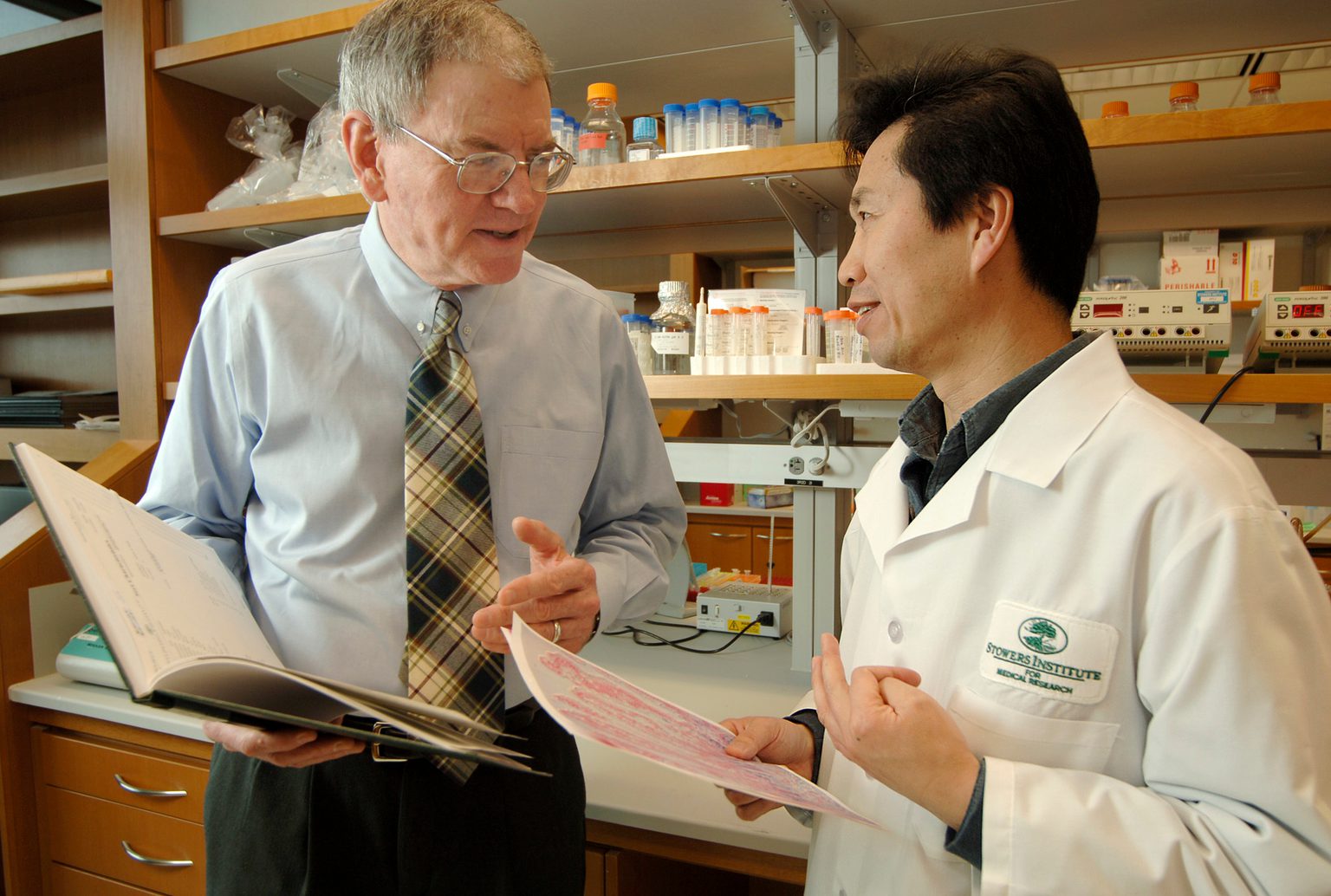
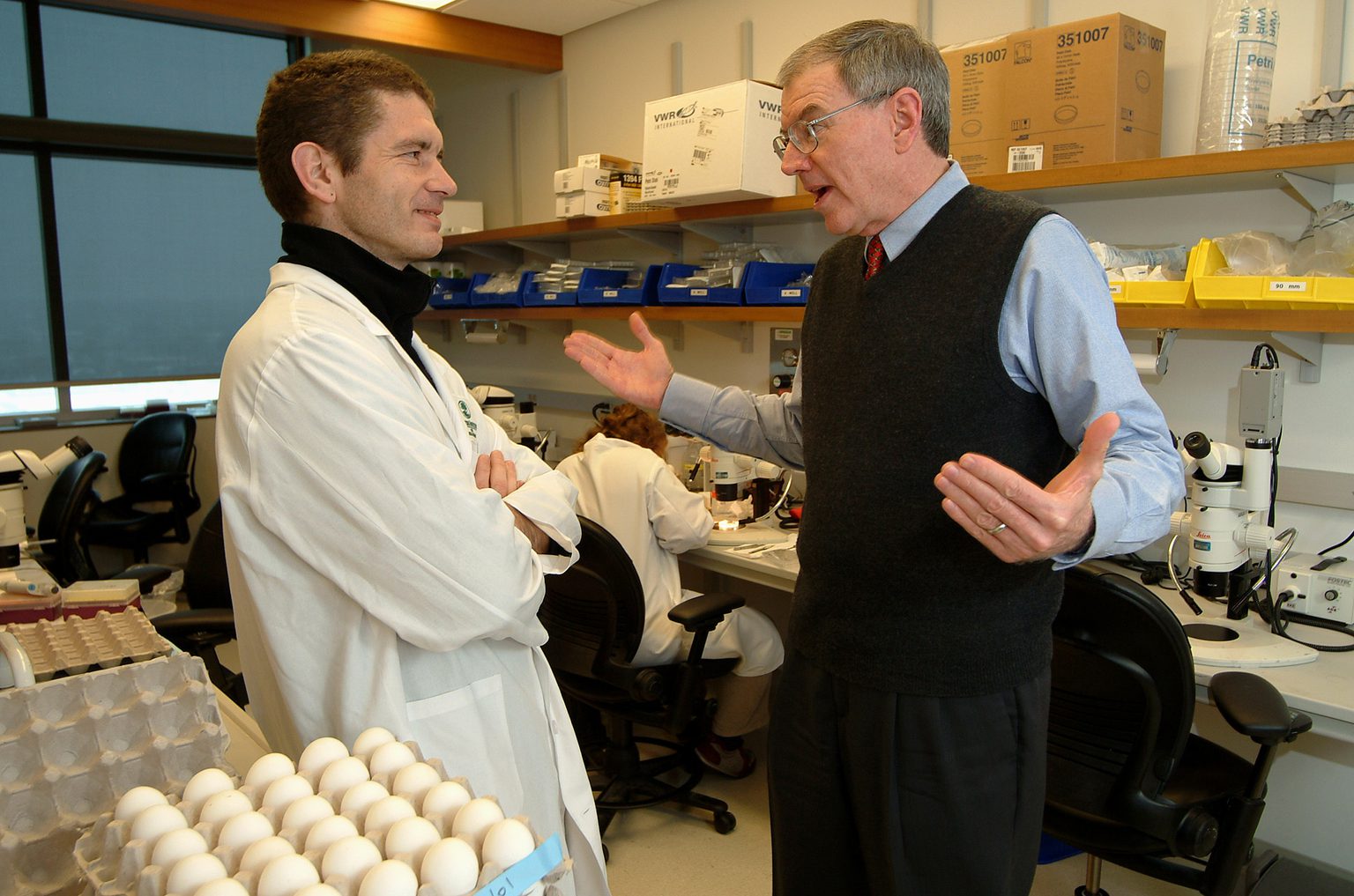
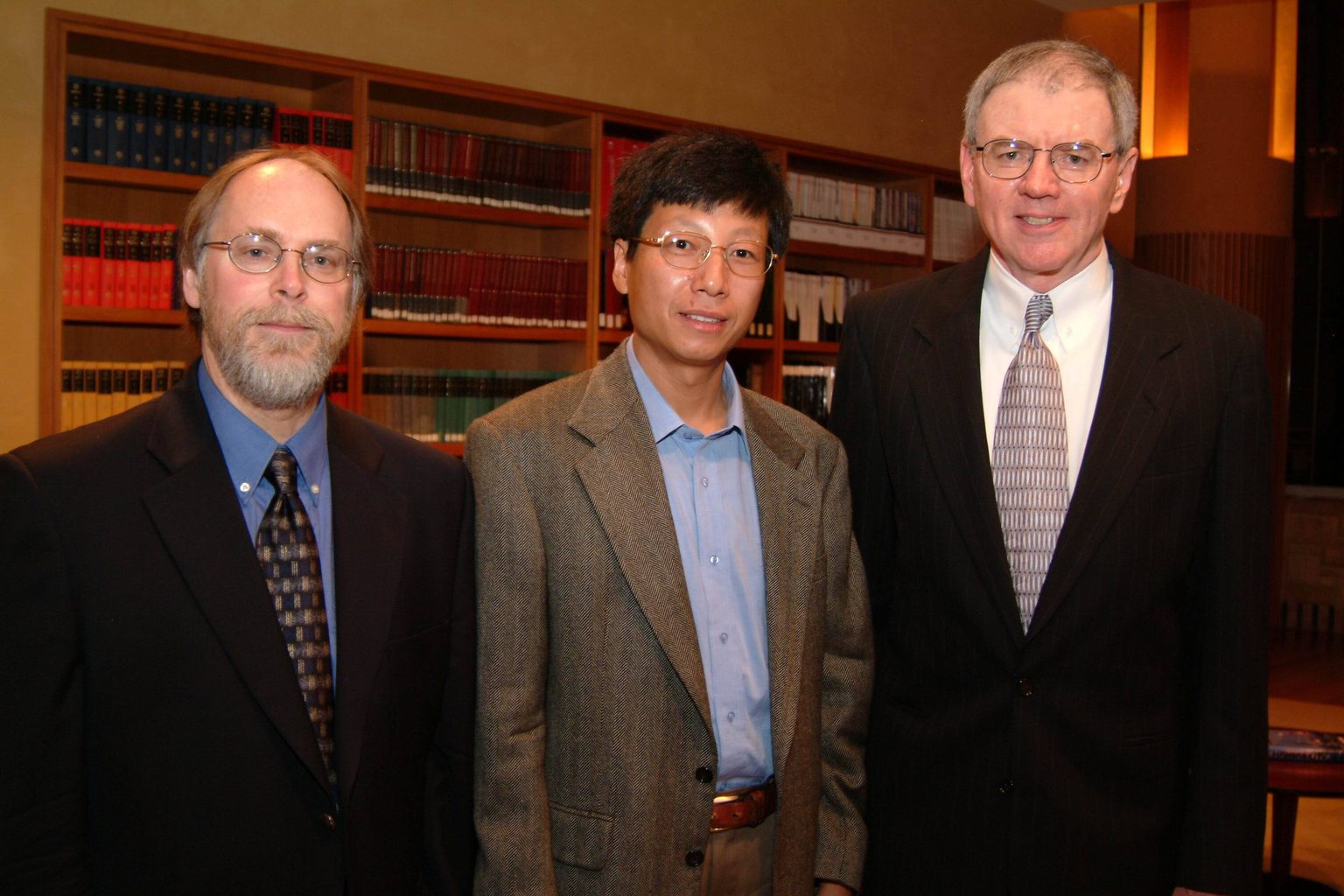
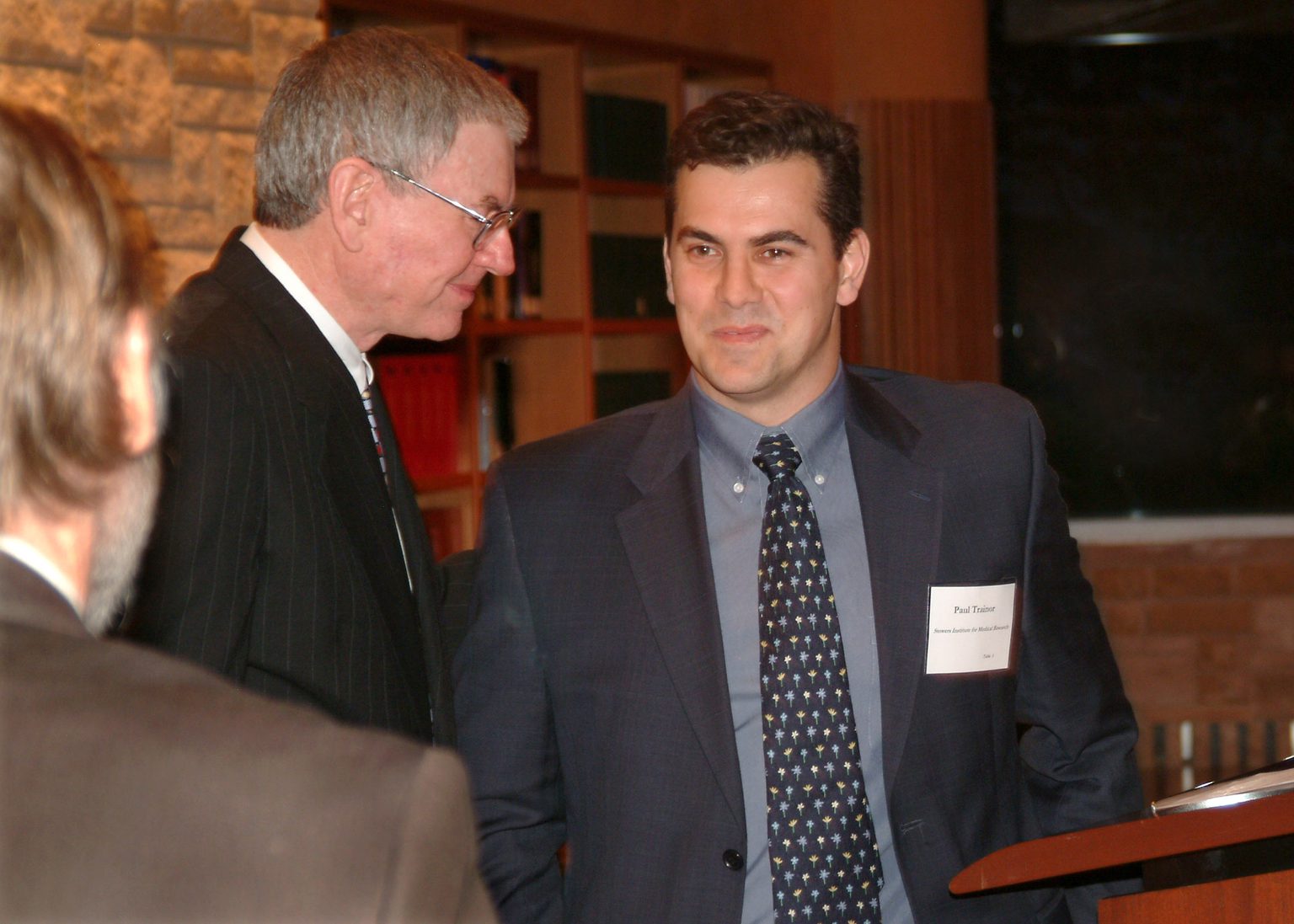
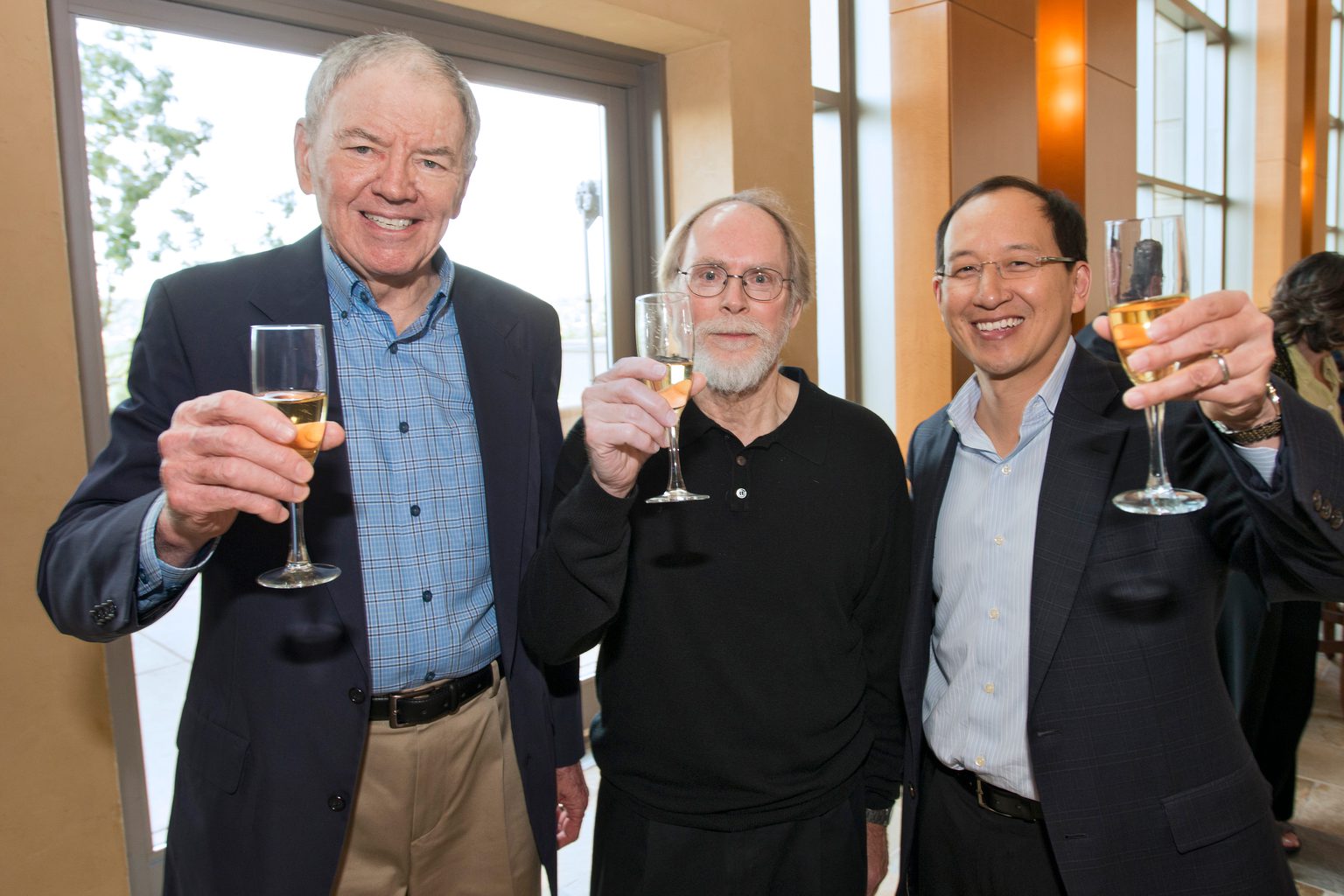
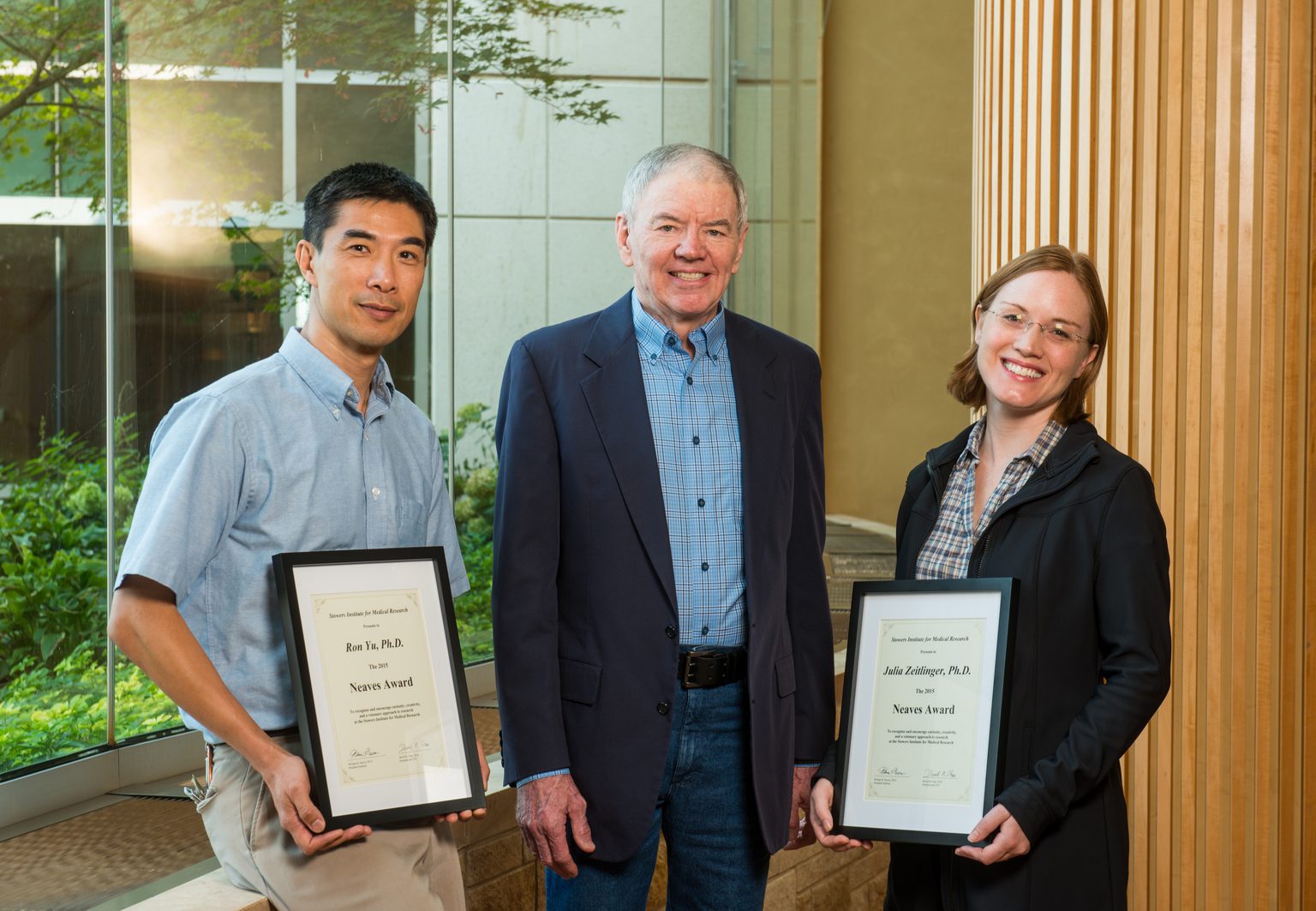

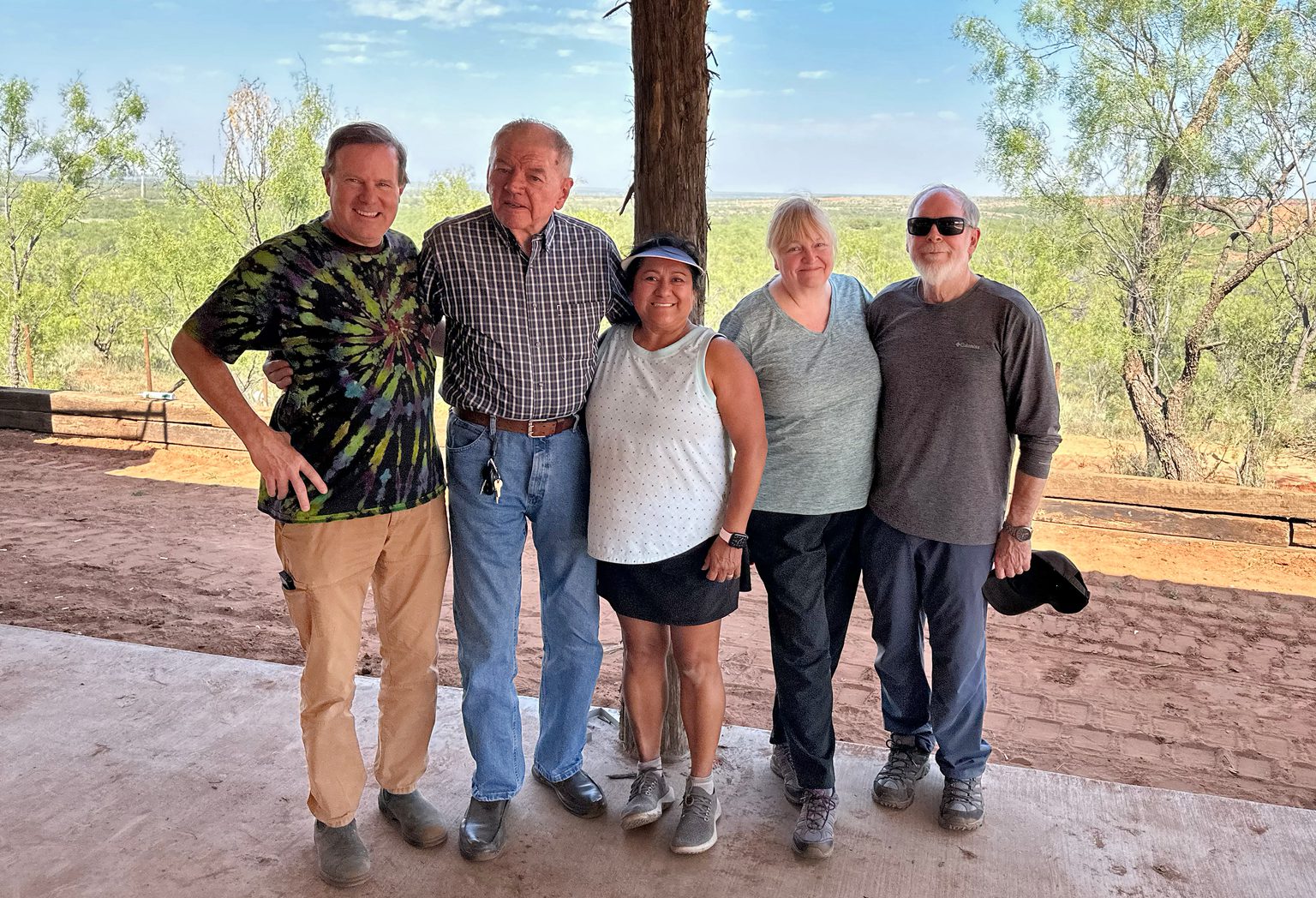

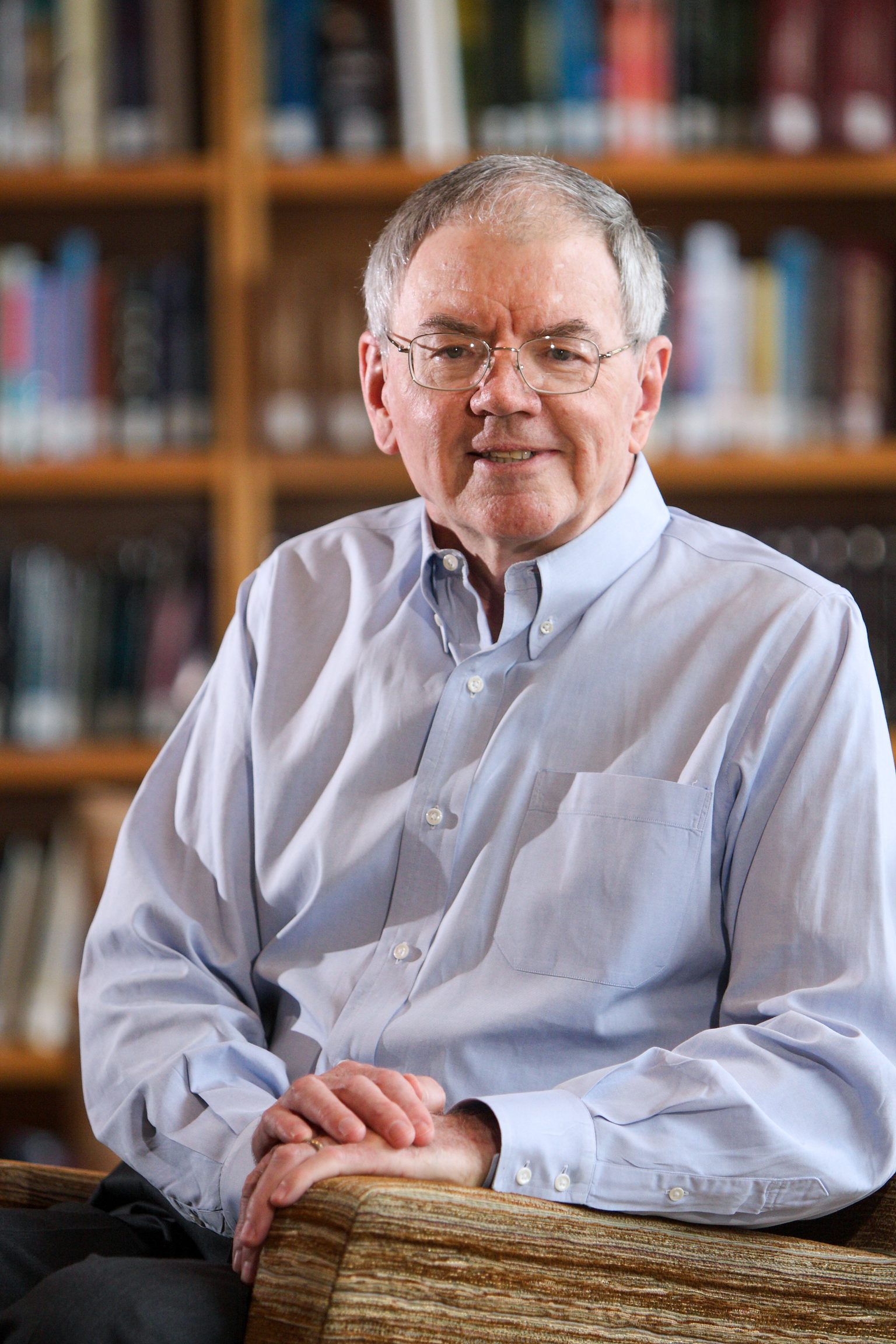
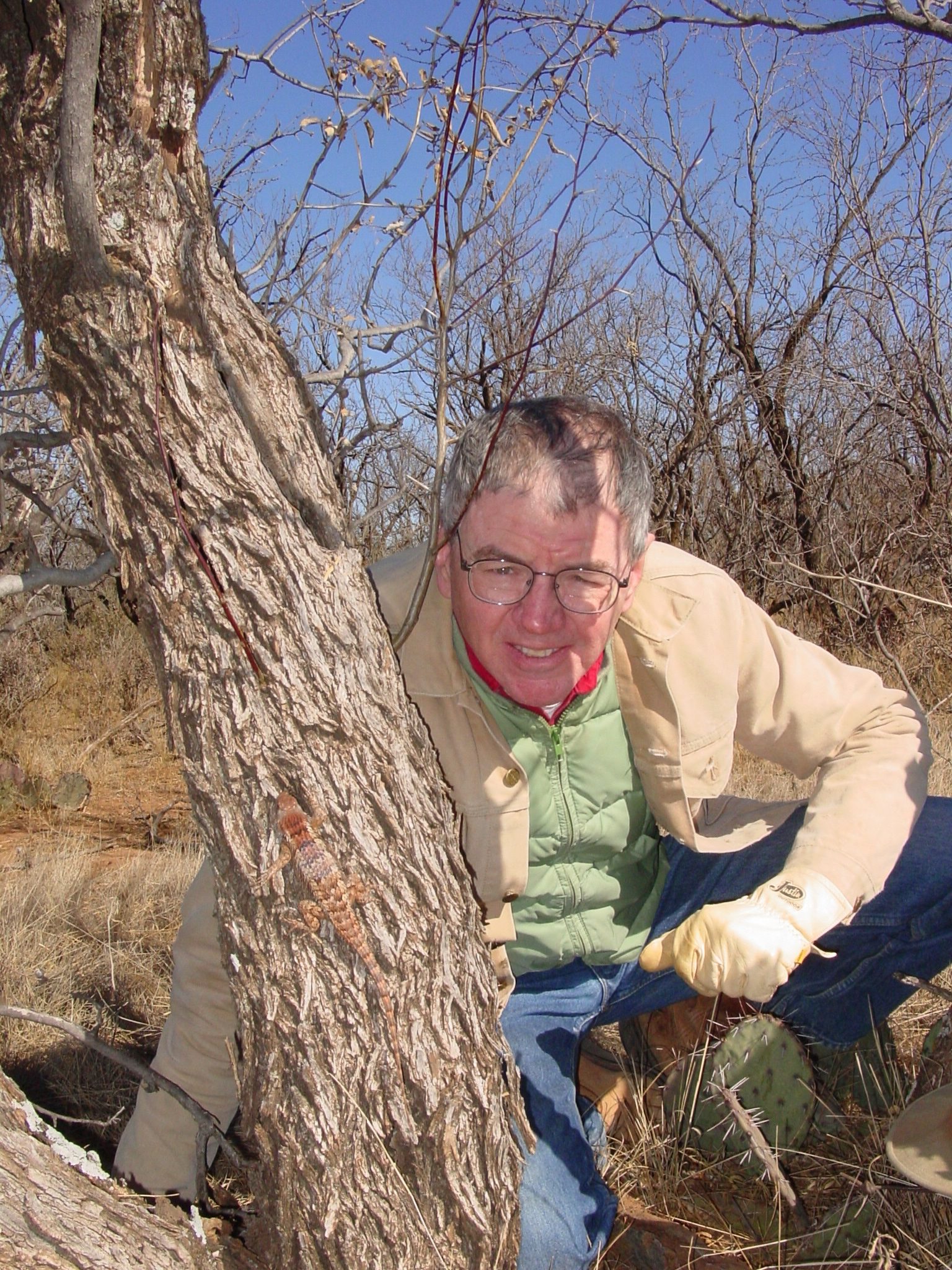
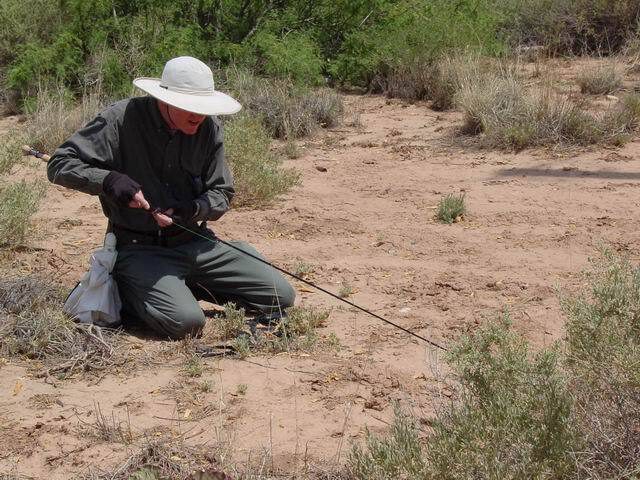
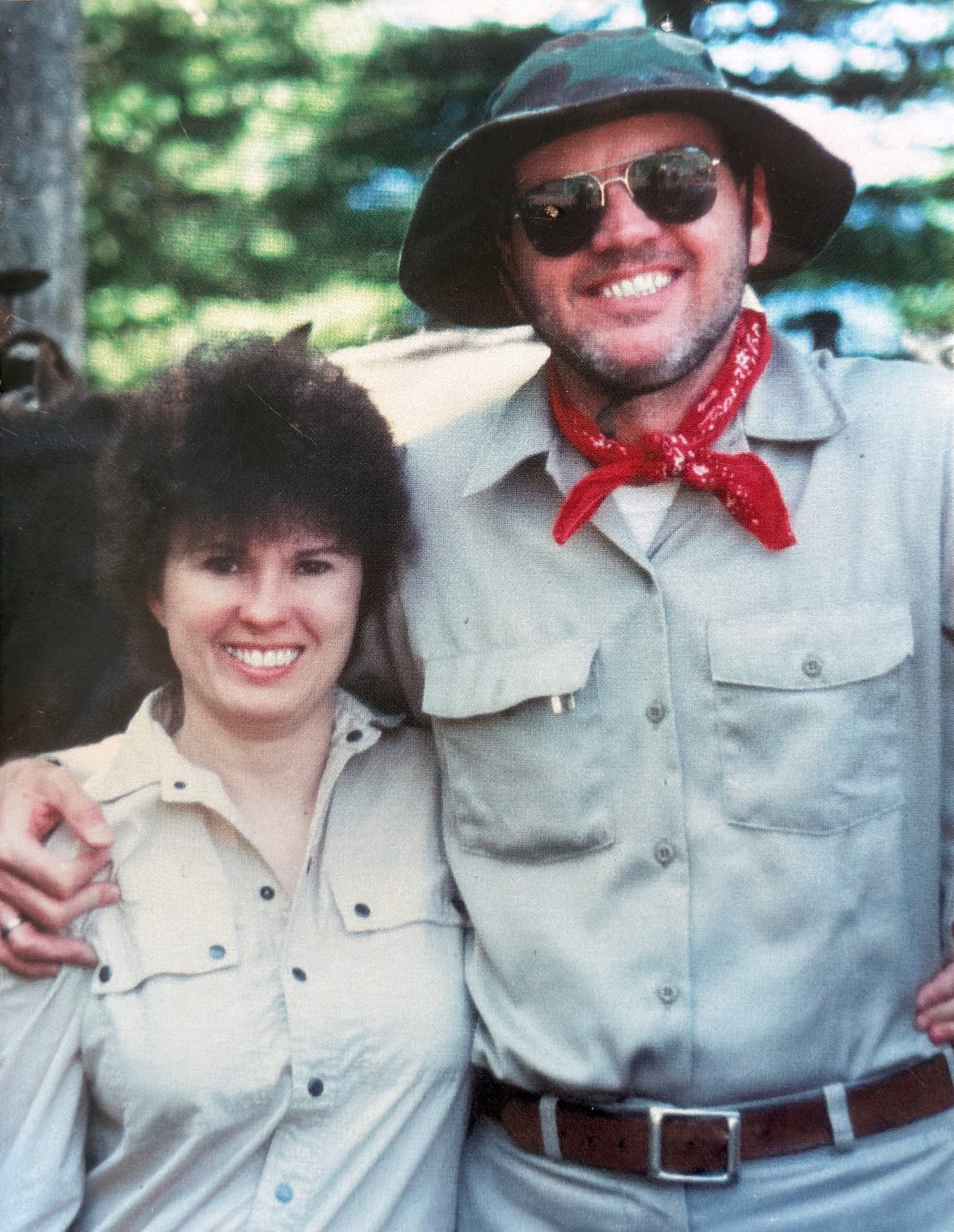
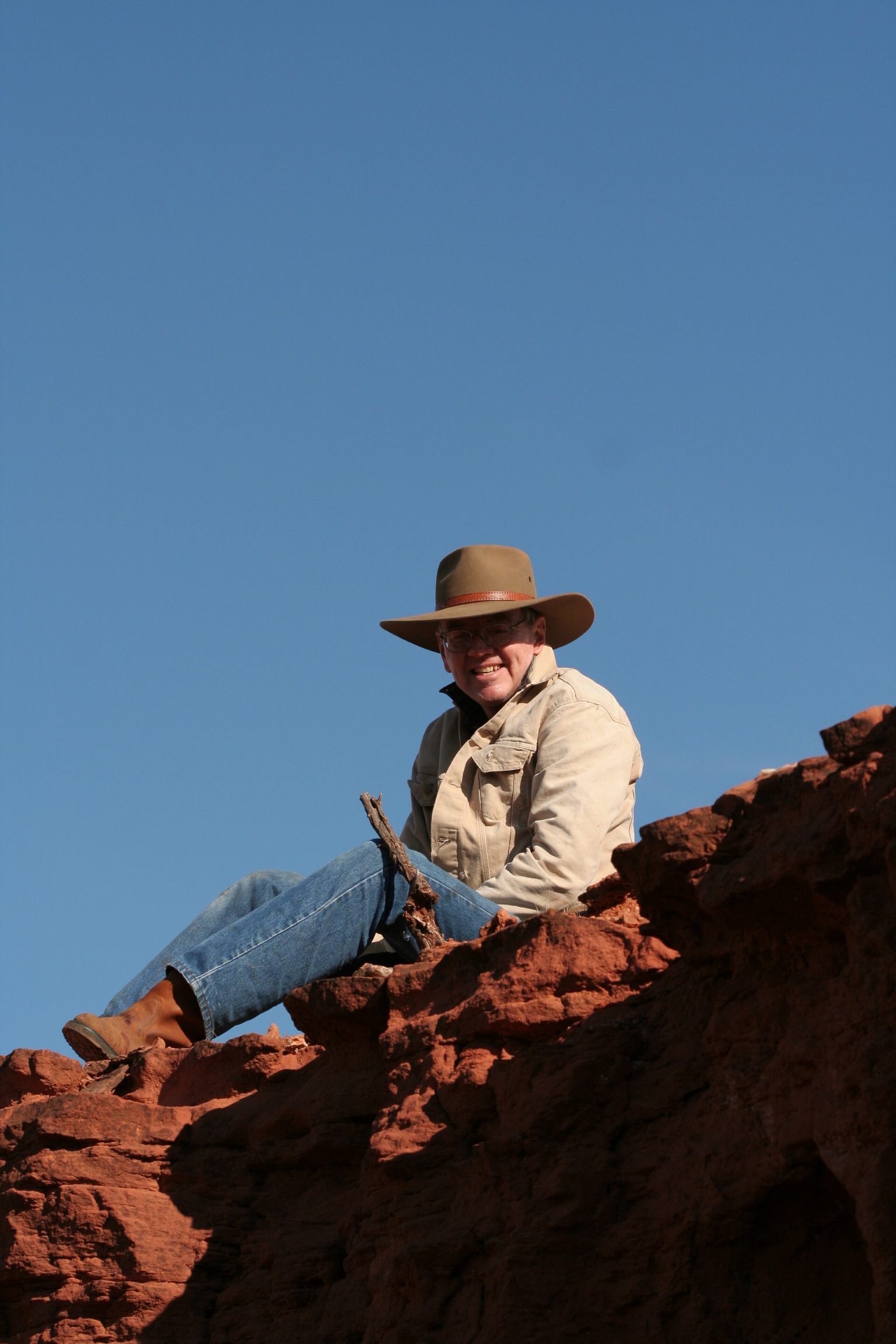
Born and raised on a cattle, cotton and wheat farm near the Texas Panhandle town of Spur, Neaves graduated from a small high school where only four of his 24 classmates went on to college. He credited his mother’s insistence on developing strong reading habits with inspiring his academic journey. That path led him to Harvard University, where he earned a bachelor’s degree magna cum laude in 1966, with highest honors in biology. Initially enrolling in Harvard Medical School, he soon transitioned to the doctoral program in anatomy, earning his Ph.D. in 1969 with a dissertation on the reproductive biology and evolution of lizards.
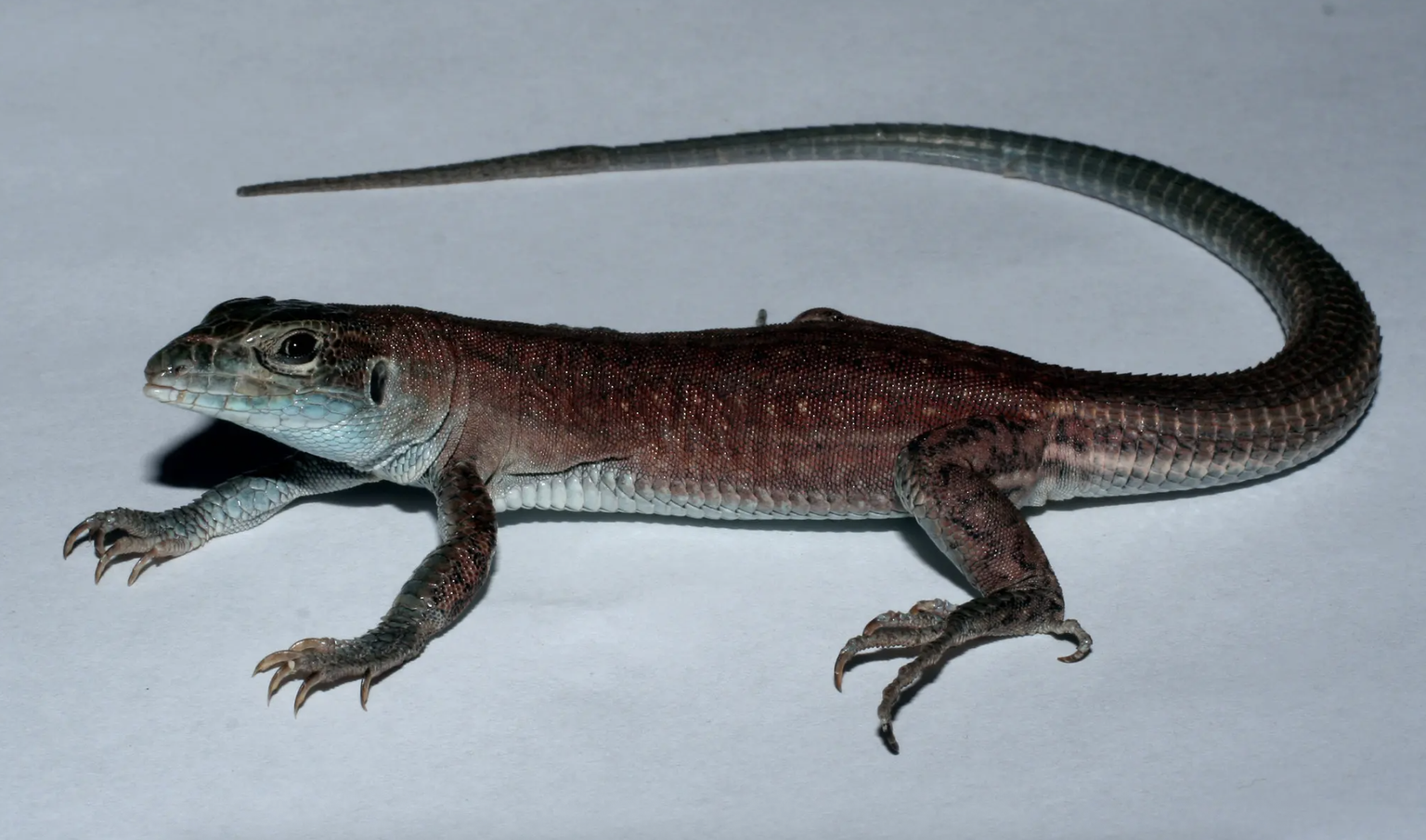
Neaves was instrumental in establishing a colony of whiptail lizards at the Institute (pictured above). Read more about his work featured in the New York Times here and here.
In March of 1972, Neaves joined the faculty of the University of Texas Southwestern as an assistant professor of cell biology. Over the next decade he combined laboratory research in reproductive endocrinology with growing administrative responsibilities. Named a full professor in 1977, he also became associate dean of the Graduate School that year, later serving as dean of the Graduate School (1980), acting dean of the Medical School (1986), and dean of the Medical School (1989). By then, he had decided to dedicate himself fully to academic leadership, concluding his own laboratory work. He later served as executive vice president for academic affairs before accepting the role at the Stowers Institute.
Bill Neaves pictured with Stowers Institute founders Jim and and Virginia Stowers
Under his leadership, the Institute grew from a staff of 30 to more than 500 and expanded from four principal investigators to 20 independent research laboratories. Neaves helped secure passage of a statewide referendum to protect scientific research and played a key role in Kansas City’s emergence as a hub for health-focused biotechnology companies.
“Bill was a great and principled leader,” said Jonathan Thomas, Chairman of the Stowers Institute and Chairman and President of American Century Investments. “In establishing the structure and recruiting an exceptional team of scientists, he set the Institute on a path to the internationally recognized research organization it is today.”
In 2013, in honor of his beloved wife Priscilla, who had lived with a neurodegenerative disease, Neaves established the Priscilla Wood Neaves Endowed Chair in Biomedical Sciences at the Stowers Institute, now held by Sánchez Alvarado.
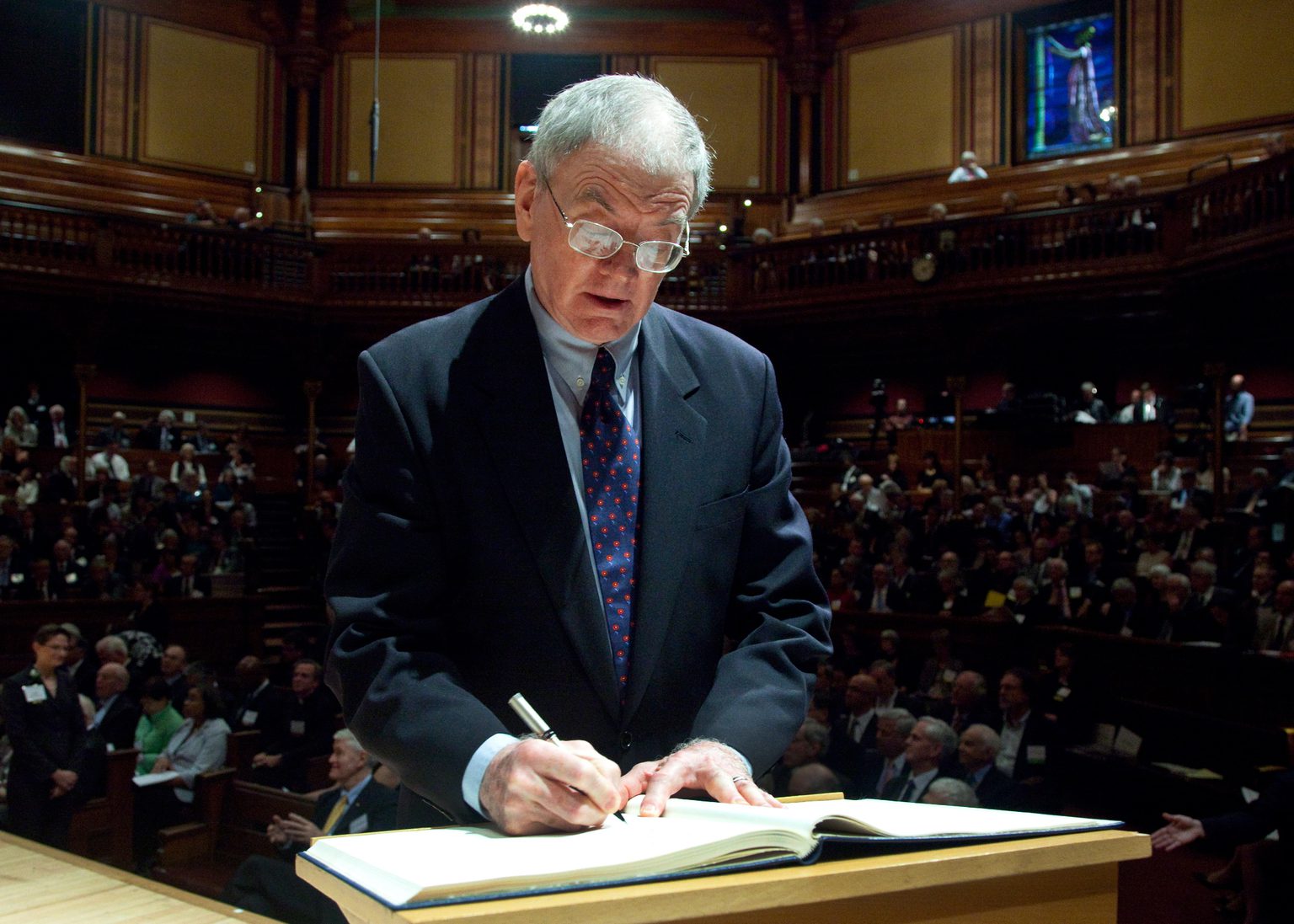
Neaves signing of the register during his election to the Academy of Arts and Sciences.
Over the course of his career, Neaves received numerous honors, including election to the Academy of Arts and Sciences. He published more than 100 peer-reviewed articles on topics ranging from spermatogenesis to the origins of new species, asexual reproduction, and chromosomal variation in reptiles.
“Bill’s enthusiasm and passion for pursuing biology’s most pressing questions was pervasive,” said Scientific Director Kausik Si, Ph.D. “He exemplified the qualities of what it means to be the best scientist you can be.”
Neaves is survived by his daughter and son-in-law, D’Laine Neaves Rutledge and Jeromy Rutledge of Spur, Texas, and grandsons, William Cade Rutledge and his wife Mariko, and Thomas Carson Rutledge. His vision, leadership, and lifelong dedication to science will continue to shape research, inspire scientists, and benefit future generations for decades to come.
News
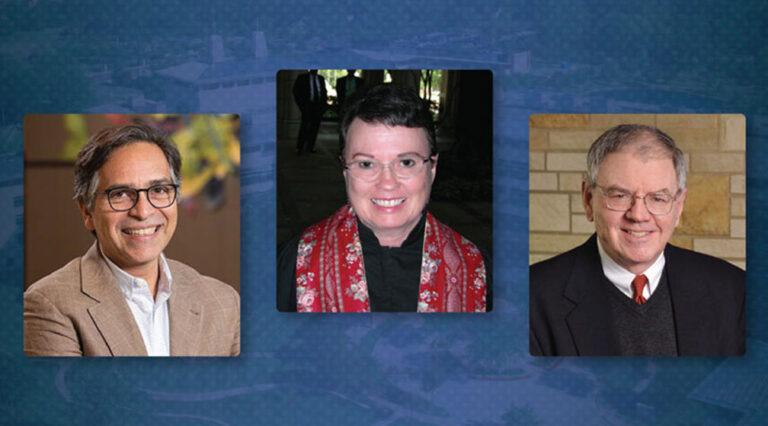
31 March 2021
Stowers President Emeritus William B. Neaves, PhD, offers commentary on the appointment of Alejandro Sánchez Alvarada as Priscilla Wood Neaves Endowed Chair in the Biomedical Sciences at the Stowers Institute for Medical Research.
Read Article
